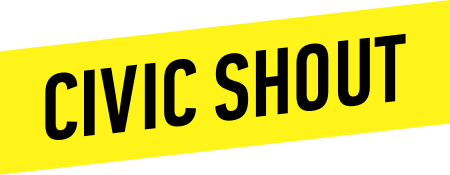

Alaskans Deserve Safe Drinking Water
After years of fighting for legislation around toxic PFAS (per- and polyfluoroalkyl substances), Alaska House and Senate legislators passed House Bill 51, which served to phase out toxic PFAS chemicals from firefighting foams in Alaska. This bill was passed unanimously by the Senate, and nearly unanimously in the House. The bill is widely supported by people from affected communities, firefighters, healthcare professionals, Tribes, and Native organizations. To become law, it only needed the Governor’s signature, and over the weekend, Governor Dunleavy betrayed Alaskans by vetoing this widely supported, and imperative health bill. Senator Kiehl, who introduced the bill, reached out asking to meet and discuss the bill and any concerns he might have – all attempts were refused. This veto undermines the will of the people and puts public waters and health at further unnecessary risk. PFAS, a harmful class of over 12,000 substances, are known as “forever chemicals” because they are extremely persistent and have been found in the bodies of people and wildlife. They cause harm to health at extremely low exposure levels, including certain cancers, liver and kidney damage, and immune system suppression. Most contamination from PFAS in Alaskan’s drinking water has been caused by the dispersive use of PFAS-based industrial firefighting foams on airports and military bases. Alaska Community Action on Toxics (ACAT) conducted independent water quality testing in 2021 and 2022 that showed PFAS contamination in all lakes tested in the Fairbanks North Star Borough and Anchorage lakes as well as in Ship Creek. These results show contamination in lakes used for swimming and fishing. The results also show contamination in Ship Creek downstream from Joint Base Elmendorf and Fort Richardson (JBER), an important urban ecosystem for fish, wildlife, as well as fishing. The Alaska Department of Environmental Conservation identified at least 469 PFAS-contaminated sites in Alaska. These data emphasize urgent action to protect public health and wildlife. There are safe, effective, and economical alternatives to PFAS-based firefighting foams that are used at major airports, military installations, and oil and gas facilities worldwide. Additionally, addressing PFAS contamination through urgent legislation is a more cost-effective approach because it helps prevent further harm to public health and the environment, reduces long-term cleanup and legal costs, and minimizes economic and social impacts on affected communities. Acting promptly is crucial to mitigate the overall financial and health consequences associated with PFAS contamination. HB (House Bill) 51 was the bare minimum our state needs to prevent further poisoning of Alaskans’ drinking water with deadly PFAS and Governor Dunleavy stole it from Alaskans. We and every signee of this petition calls upon the Alaska State House and Senate to immediately reverse the veto put in place by Governor Dunleavy. Directly voice concern to the Governor’s office: (907) 465-3500 [email protected] Contact information for Alaska Community Action on Toxics: (907) 222-7714 [email protected]
By signing, you’re agreeing to receive periodic messages from Alaska Community Action on Toxics—you can unsubscribe anytime. For texts, message & data rates apply.
While on this site, you may also see content from other organizations that use CivicShout.com, the content of which Alaska Community Action on Toxics is not responsible for.
